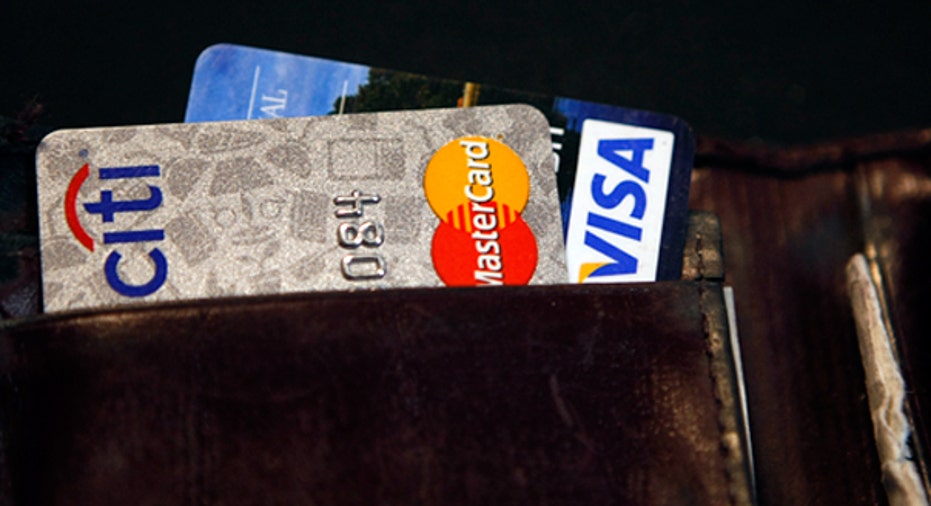Relocating Overseas Can Cause Major Credit Headaches

Dear Credit Score Report,I lived in the United States for a while, and I am back in India now. I have a green card and may come back to the United States again. I canceled all of my U.S. credit cards and loans when I moved back, but I remember having trouble getting credit when I was first in the United States. Can I get a new U.S.-based credit card, even if I am back in India? How many accounts should I keep in the United States for having a great credit profile? Thanks for your help! -- Sri
Hey Sri,You only need one U.S. credit card to achieve a solid credit history, provided you treat that account responsibly. The hard part, however, is getting approved for a card while you're living abroad.
You've already established a credit history, since you've lived in the States previously. Moving abroad and canceling your cards and loans doesn't automatically erase that U.S. credit history. In fact, those closed accounts will remain on your credit reports for up to 10 years. Whether they stick around for the full decade depends on how careful you were with those loans, including always making on-time payments. "Closed accounts with no negative history are retained for 10 years. Accounts with negative information are deleted seven years from the original delinquency date," says Rod Griffin, director of public education with credit bureau Experian, one of the three agencies that maintain records of borrowers' credit histories.
Meanwhile, your credit score -- which is calculated from the information in your credit report -- could disappear well before then. The reason? One of the minimum requirements for calculating a FICO credit score is that the borrower must have a credit account that has been updated by the lender within the past six months. With your U.S. accounts now closed, those lenders won't be providing the credit bureaus (Equifax, Experian and TransUnion) with any updates. That means you'll lose your credit score well before you lose your credit history.
Here's how to keep that history from disappearing: As you've already figured out, you can carry a U.S. credit card while you're in India. But since you've canceled all the cards that you already had while living in the States, that may not be so easy to do. While you remain in India, it could be difficult to get a new credit card from a U.S. bank. "Most U.S. credit card issuers have a U.S. residency requirement and policy would not allow an approval of an application for someone with an international address," says Kevin Sullivan, spokesman for BarclayCard U.S. That requirement also holds true for re-opening a closed account, Sullivan says.
Still, if you apply with the right card issuer, it's possible to get approved. American Express, for example, says foreign-based borrowers may qualify for a U.S. AmEx card. First, those international cardholders need to have an address in the States that AmEx can use to send the card out or contact the cardholder if necessary. Then, you'd simply apply in the typical way, with AmEx requesting additional information from you as needed. "If someone lived abroad and didn't have a FICO score or a current bureau report, we would ask for income verification," says Marina Norville, AmEx's director of public affairs and communications. "Also, if they had an American Express card in an international market, we could also leverage that information for a credit application decision," she says.
Once you get the card, be aware that you could incur foreign transaction fees or other costs for using a U.S. card overseas. To maintain and strengthen your U.S. credit history, focus on paying your bills on time, keeping debt levels down and opening new accounts only when necessary. "What matters most to credit scoring formulas is how the person's credit accounts have been managed," says FICO spokesman Craig Watts.
Good luck!
--Jeremy
More from CreditCards.com:



















